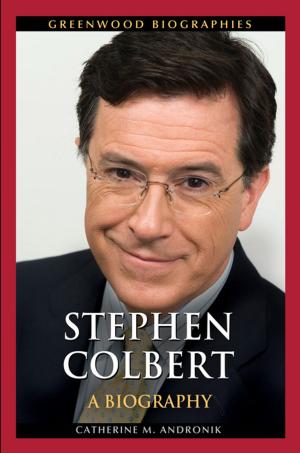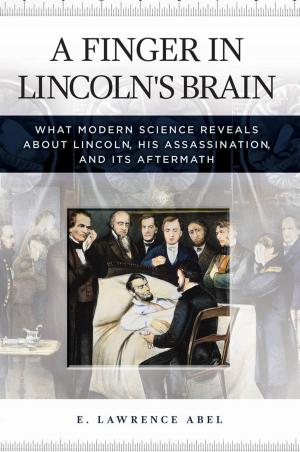Encyclopedia of Human Memory [3 volumes]
Nonfiction, Health & Well Being, Psychology, Reference, Cognitive Psychology| Author: | ISBN: | 9781440800269 | |
| Publisher: | ABC-CLIO | Publication: | October 29, 2013 |
| Imprint: | Greenwood | Language: | English |
| Author: | |
| ISBN: | 9781440800269 |
| Publisher: | ABC-CLIO |
| Publication: | October 29, 2013 |
| Imprint: | Greenwood |
| Language: | English |
This encyclopedia comprehensively addresses one of the most critical components of human intelligence—memory. Comprising approximately 500 A–Z entries written by experts who have studied memory and its impacts, the work defines complex terminology for lay readers and includes answers to the most common questions regarding human memory. Readers will gain an understanding of the various psychological and physiological systems of memory, such as short-term or procedural memory; comprehend the principles that underlie effective encoding, storage, and construction of memories; and learn the truth about often misconceptualized conditions like "amnesia" or how our memories are stored in bits and pieces rather than linearly like a recorded tape or video.
This set is ideal for high school students writing term papers or studying for advanced examinations such as Advanced Placement (AP) in psychology. The volumes also provide a breadth of information invaluable to family members, friends, and caretakers of individuals who suffer from various memory disorders, including descriptions of major disorders, explanations of specific memory deficits, strategies for memory improvement, and information on the parts of the brain that access and store memory as well as the types of tests used to assess memory loss. Also included are biographies of key contributors to the field of cognitive psychology, and to the area of memory in particular.
This encyclopedia comprehensively addresses one of the most critical components of human intelligence—memory. Comprising approximately 500 A–Z entries written by experts who have studied memory and its impacts, the work defines complex terminology for lay readers and includes answers to the most common questions regarding human memory. Readers will gain an understanding of the various psychological and physiological systems of memory, such as short-term or procedural memory; comprehend the principles that underlie effective encoding, storage, and construction of memories; and learn the truth about often misconceptualized conditions like "amnesia" or how our memories are stored in bits and pieces rather than linearly like a recorded tape or video.
This set is ideal for high school students writing term papers or studying for advanced examinations such as Advanced Placement (AP) in psychology. The volumes also provide a breadth of information invaluable to family members, friends, and caretakers of individuals who suffer from various memory disorders, including descriptions of major disorders, explanations of specific memory deficits, strategies for memory improvement, and information on the parts of the brain that access and store memory as well as the types of tests used to assess memory loss. Also included are biographies of key contributors to the field of cognitive psychology, and to the area of memory in particular.
![Cover of the book Encyclopedia of Human Memory [3 volumes] by , ABC-CLIO](https://www.kuoky.com/images/2013/october/500x500/9781440800269-3dY9_500x.jpg)


![Cover of the book The Encyclopedia of the Wars of the Early American Republic, 1783–1812: A Political, Social, and Military History [3 volumes] by](https://www.kuoky.com/images/2014/june/300x300/9781598841572-6cNs_300x.jpg)

![Cover of the book The Praeger Handbook of Personality Across Cultures [3 volumes] by](https://www.kuoky.com/images/2017/july/300x300/9781440841040-7TVc_300x.jpg)

![Cover of the book Workplace Communication for the 21st Century: Tools and Strategies that Impact the Bottom Line [2 volumes] by](https://www.kuoky.com/images/2013/january/300x300/9780313396328-UzbU_300x.jpg)







